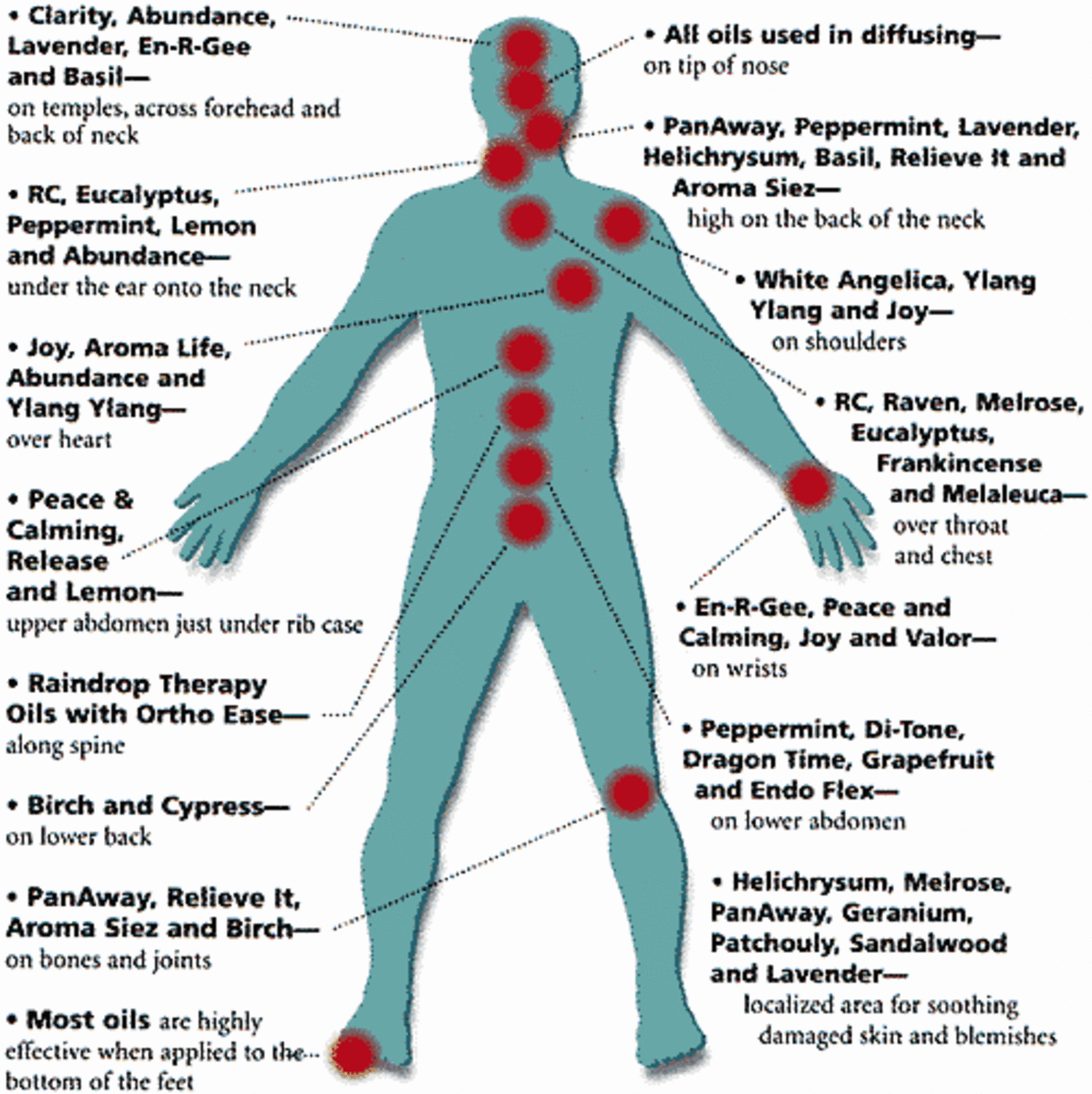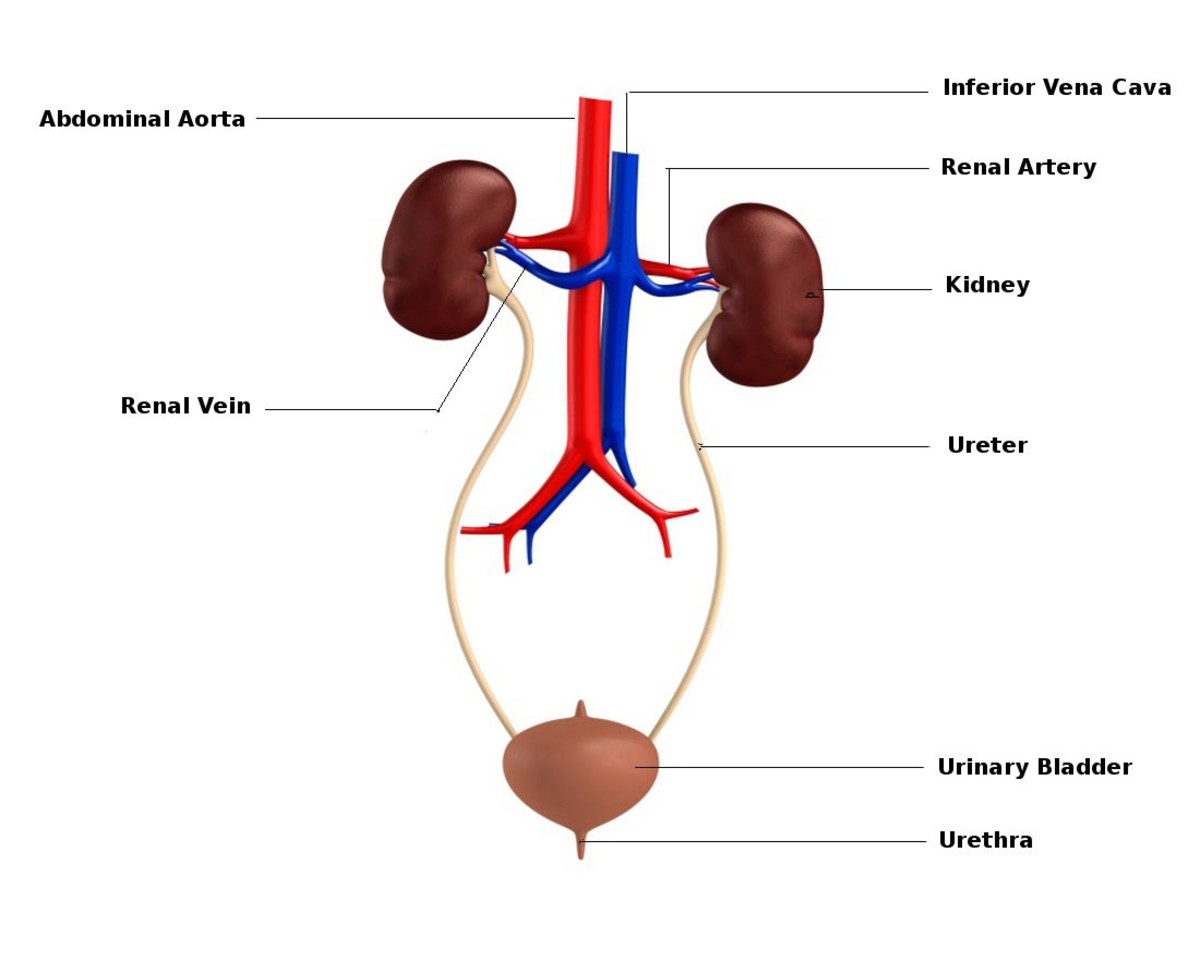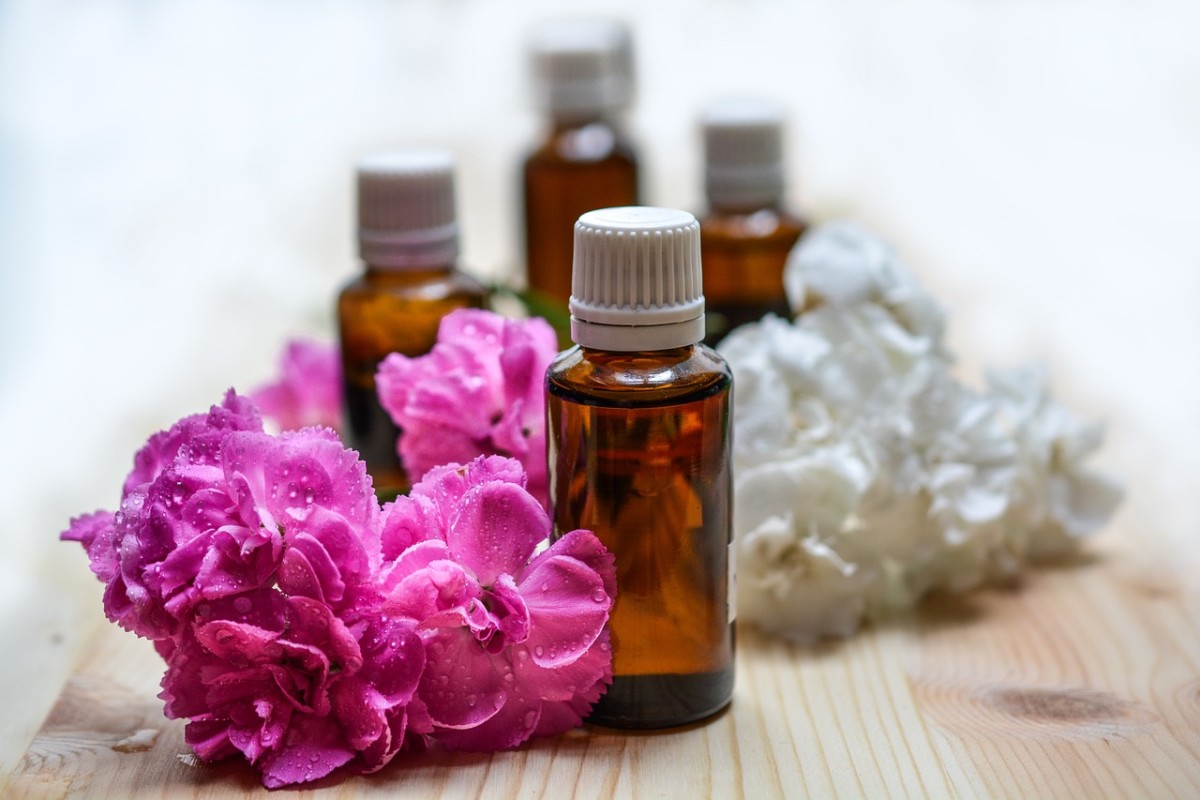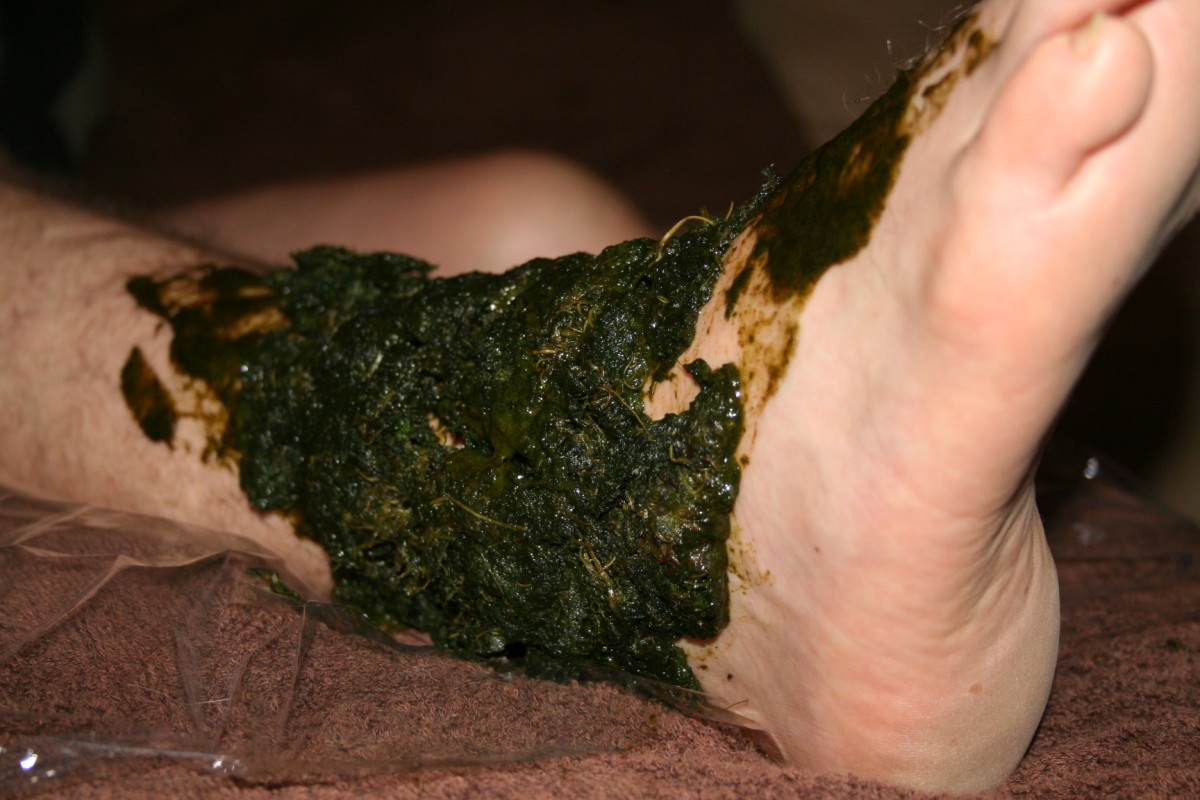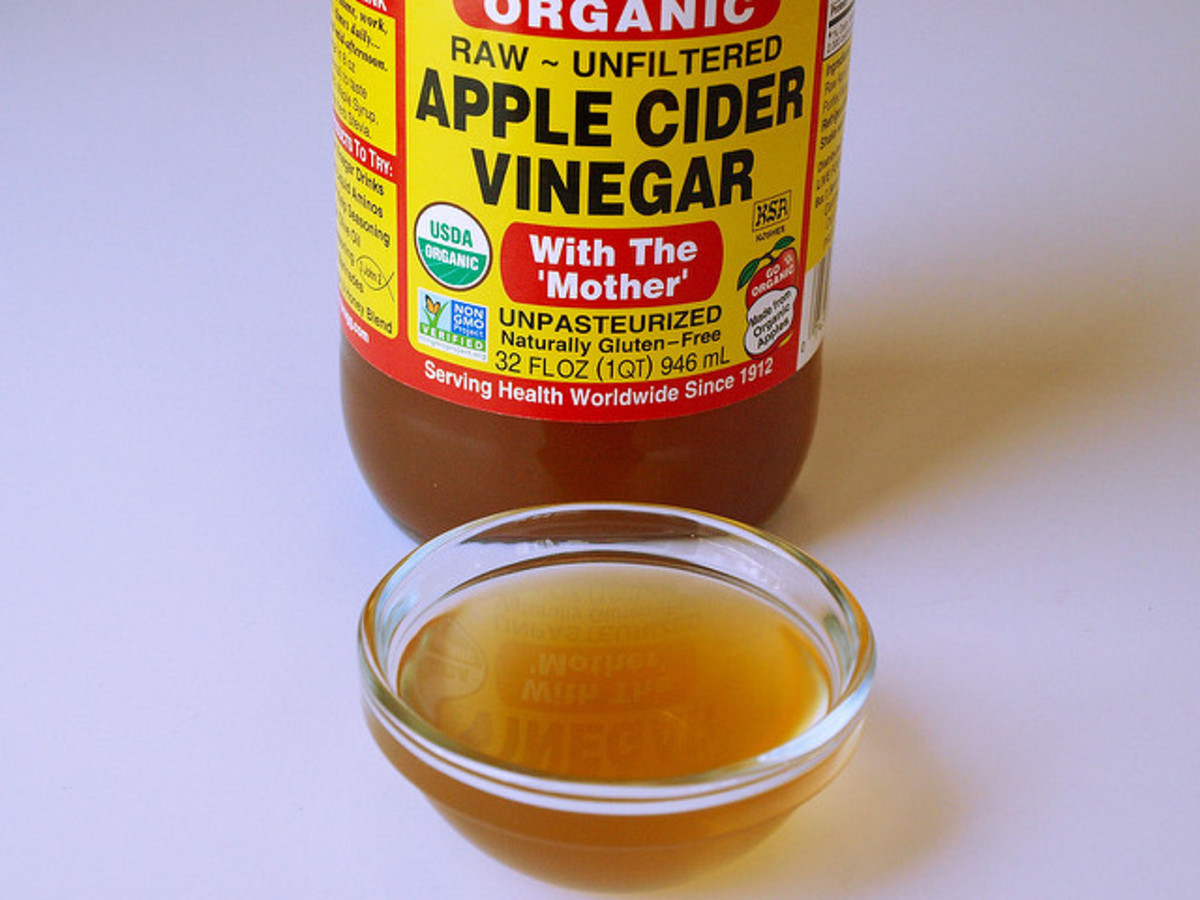Natural Remedies
I grew up in a family that believed that our bodies know how to heal themselves. This idea has stayed with me all my life pushing me to use and discover natural medicines. Even more, the increasing complexity of modern live stirs in me a deep need for simplifying, slowing down and reconnecting with nature to restore balance.
Whenever possible I try to rely on simple natural home remedies to keep healthy, and although I am not opposed to the appropriate use of modern medicine, and I acknowledge the dangers of self diagnosing for serious problems, I do prefer to use natural remedies.
What are natural medicines
The therapeutic benefits of plants have been known for many centuries. Natural remedies include herbs, essential oils, homeopathic remedies, nutritional supplements and everyday items such as sea salt and ice. With the increasing popularity of natural medicines you can probably find most of them at large pharmacies and supermarkets.
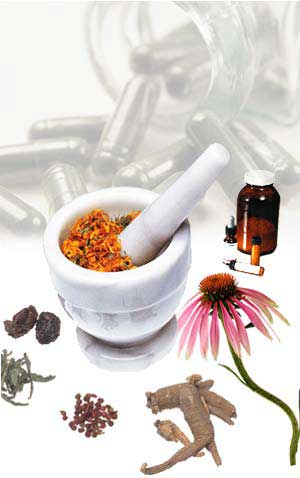
Herbal medicines come in three basic forms:
- Teas or infusions. Herbal teas are a traditional easy and inexpensive way to use herbs. Teas are excellent for treating digestive up sets because the herbs quickly come into contact with the gastrointestinal tract. They are also excellent for urinary tract infections because the fluids help flush the bladder. The downside is that not all herbs have a pleasant taste.
- Capsules. This is a convenient way to take herbal medicines. They provide exact doses and are easy to take.
- Extracts or tinctures. Convenient to take, they are highly concentrated. Extracts contain alcohol or vegetable glycerine.
Dried herbs
![Aromatherapy: A Complete Guide to the Healing Art [An Essential Oils Book]](https://m.media-amazon.com/images/I/41BZtX+v3LL._SL160_.jpg)
Aromatherapy and the use of Essential Oils
Aromatherapy uses plants in their most natural form, capturing the essence of the oil from various different parts of the plant their healing characteristics can be unleashed in various ways. René Gattefose first coined the term aromatherapy in the 1920s while studying the properties of essential oils. Gattefose’s work was put to the test when he accidentally burnt his hand one day in his laboratory. Plunging his hand into a container of pure lavender oil to cool his burn, he discovered that his burn quickly lost its redness and began to heal.
Essential oils
Although essential oils are mostly applied externally, they are able to penetrate the body’s organs and systems via the nose and the skin. The oils exert their unique properties by influencing both physical and emotional states. Many oils have antiviral, antibacterial, antiseptic, immune boosting, pain killing and anti inflammatory properties.
When you are buying essential oils always look for the best quality. Essential oils are at their best when undiluted and unadulterated. They evaporate easily so store them properly.
Warnings with essential oils:
- Never take and essential oil internally unless prescribed by a trained professional.
- Unless indicated, do not apply essential oils directly to the skin.
- Before using an essential oil, check that it is safe for you to use.
dried chamomile flowers for tea
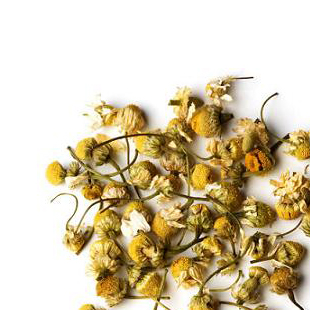
Dried Herbs
Herbs have been used for healing since ancient times, and herbs and their derivatives form the basis of many modern medicines. Herbs can be used at home safely for a wide variety of ailment –from colds and period pains to some chronic conditions such as arthritis.
Always select the finest quality dried herbs for best results when preparing your own herbal remedies. Look for herbs that are fragrant and bright coloured and store them separately in air tight containers. Properly stores, herbs maintain their medicinal properties for about a year.
Warning
Although herbs have a good safety record, they should still be treated with care. Do not use them unnecessarily, in greater doses or for longer than needed. Some herbs are toxic when taken in large quantities.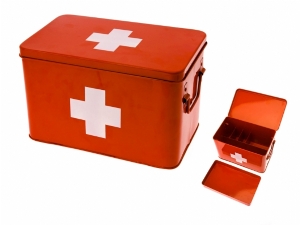
Arnica & Calendula

The natural Medicine Box
The following essential oils, herbs and other items are those indispensable for a basic natural medicine box:
- Arnica: As cream or gel for muscle strains and bruises.
- Calendula: As cream or gel for burns, scrapes and insect bites.
- Chamomile: As dried flowers for an upset stomach or for stress.
- Echinacea: For colds, flu, cuts and infections.
- Elderberry: For colds and flu.
- Epson Salts: For muscle soreness and relieving tension.
- Eucalyptus: As an essential oil for respiratory congestion.
- Ginger: As fresh root for colds and respiratory congestion, nausea and upset stomachs.
- Lavender: As an essential oil for stress and headaches.
- Sea Salt: For a sore throat and for baths.
- Tea Tree oil: for skin infections.
- Valerian: For mild pain relief and insomnia.
When you should see your doctor:
Natural remedies are effective for most common conditions that you would ordinarily self treat. However, if you experience any of the following heath problems or injuries you should seek medical attention immediately:
- Fractured, broken or dislocated bones.
- Injury to the head, neck or spinal cord.
- Puncture and other severe wounds.
- Third degree burns.
- Unconsciousness.
- Vomiting blood.
- A high fever (40.5°C) that persists for more than 3 days.

Natural Medicine
- Sunburn Home Remedies
Spending time out in the early morning or late afternoon sun is healthy for your body and mind. But too much sun can damage the skin. Do not forget to wear a sunscreen and protective clothing between 10am... - Natural lip care
Full, moist and luscious lips enhance the sensuality of a woman. Unfortunately, lips have no oil glands, so, it is essential to take proper care of them and protect them from the elements,...




